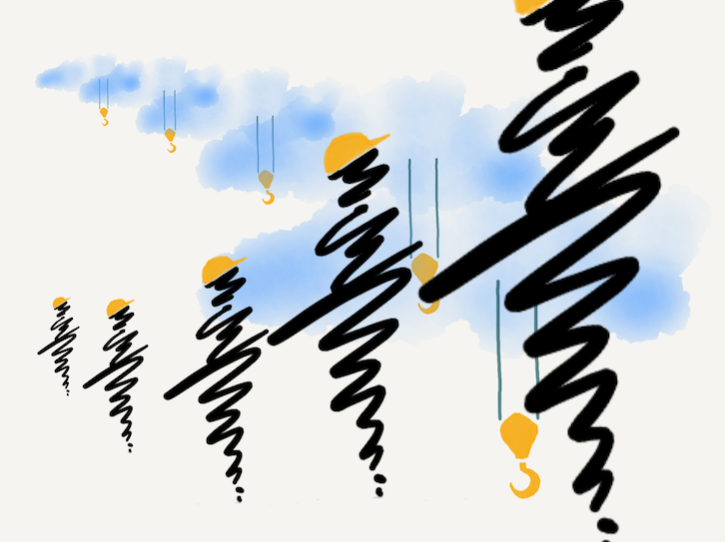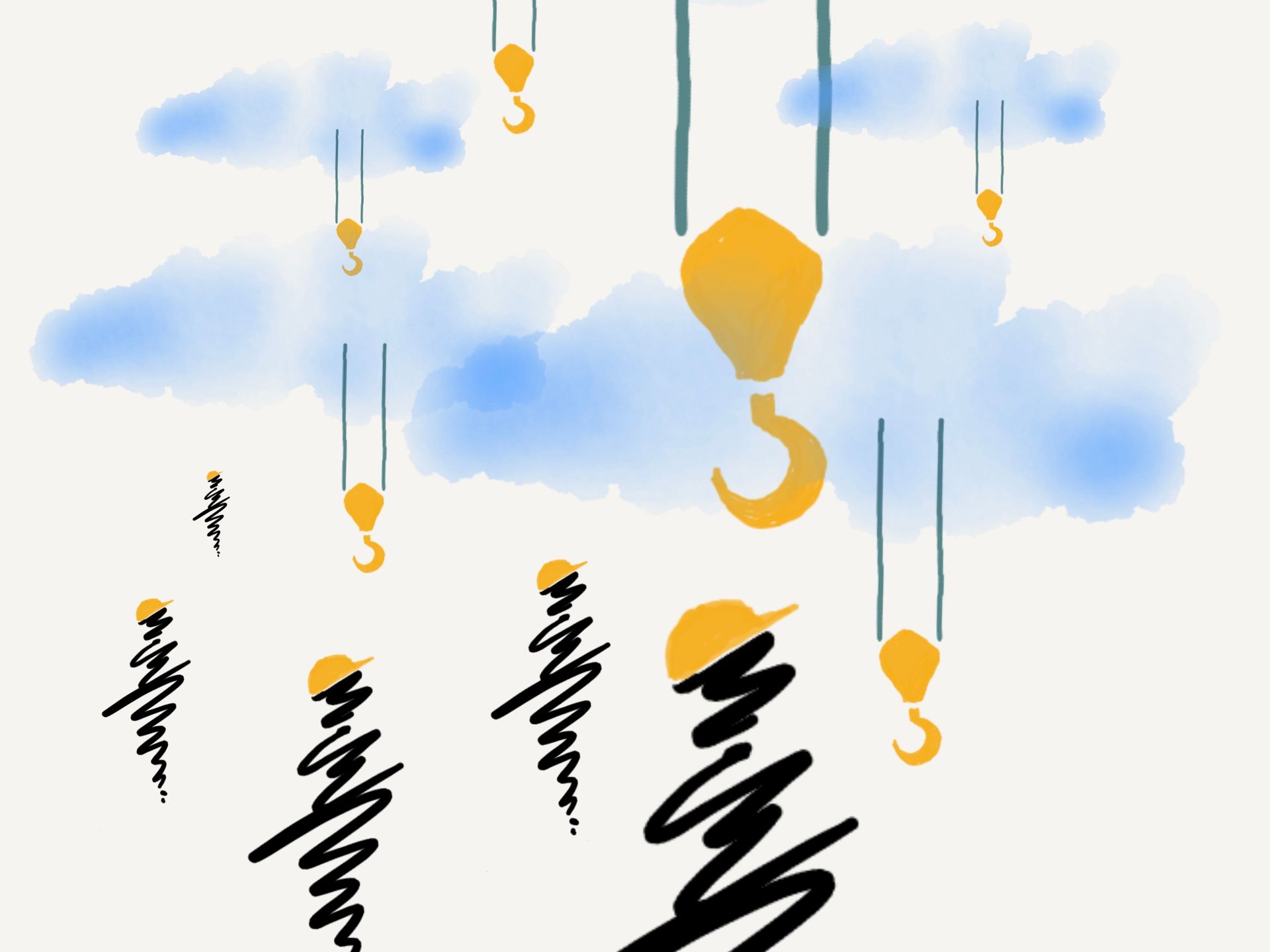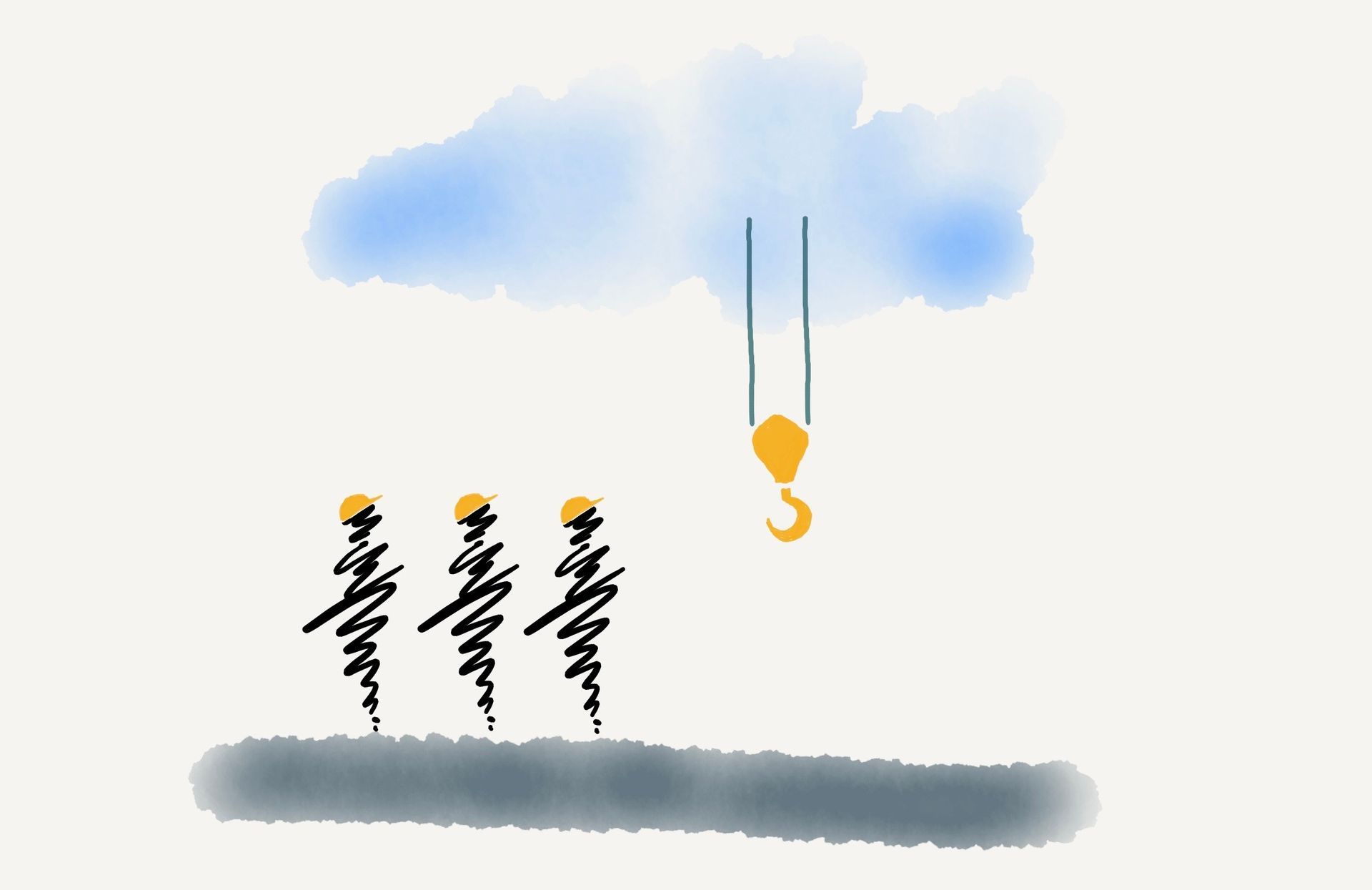People, teams, language and the pursuit of excellence
John T Roberts • July 6, 2015
Will recruiting the people our industry needs for the future be frustrated by the words we use now? Do we need to change the way we talk about the vision for our teams?
“We want the best graduates from the best universities.”: I have been at several presentations recently, by several companies, where this or similar statements have been made. And at face value, why wouldn't we? But I’ve come to the conclusion that this is a testosterone driven statement, not fully thought through, that contributes to preserving an unhappy status quo. It assumes we know what excellent looks like in the future, and that this future will be best served by a monoculture of whatever elite universities thought were the brightest and the best four years ago.
And then we get frustrated that we can't find enough of these ‘above average’ recruits. There is a reason for this of course. On average most people are…….. average. It's the way the maths works. Chasing and then recruiting an ‘elite’ monoculture will be a major barrier to achieving the diversity we need and ignores most of the workforce we have available. The future will require balanced teams with a range of skills and temperament to face future needs that we don't even know about yet. We need some people who can do the same stuff everyday and do it right every time. We need others who can overcome unique challenges that come up only occasionally.
So, we need to recruit with this broader future team structure in mind. A decade ago, I joked (actually only half-joked) that I wanted the best graduates from the second-best universities. They seemed to have the patience to build their engineering skills into careers and didn't want to flip into project management after two years - before they even understood what needed to be managed. I'm pleased to see that industry recently has started to develop a wider focus on apprentices, cadets and returning part-time parents (amongst others) as they all contribute to deepening the skills and approaches our teams will have.
However, it is important to realise that these moves should not be seen as answering the problems of a skill shortage – a way of making do because we can never get enough of the ‘best’. That is not the problem we should be solving. The vision that these initiatives help achieve is of teams with diverse focus and background, that better represent society and that will also be resilient with whatever surprises the future will throw at us.
We should stop seeking to build teams based on only some current opinion of ‘the best’. Are the candidates we assess robust future team players? Our organisations should give a diverse range of good people good careers and have we should have the systems and development in place that allow those teams to achieve great results. These careers will not be a linear process, a never-ending race to wherever is perceived as the top. Instead they need to be supported, planned, evolving paths over the 40 years or so that most of us will work for. They will vary in intensity and focus depending on the opportunities, new skills, partners, children and locations that happened over the arc of a career.
And perhaps once we start to talk about teams with diverse backgrounds, characters and career paths we will find the diversity metrics of sex, race, religion and orientation that society needs to police will become naturally easier to achieve.





